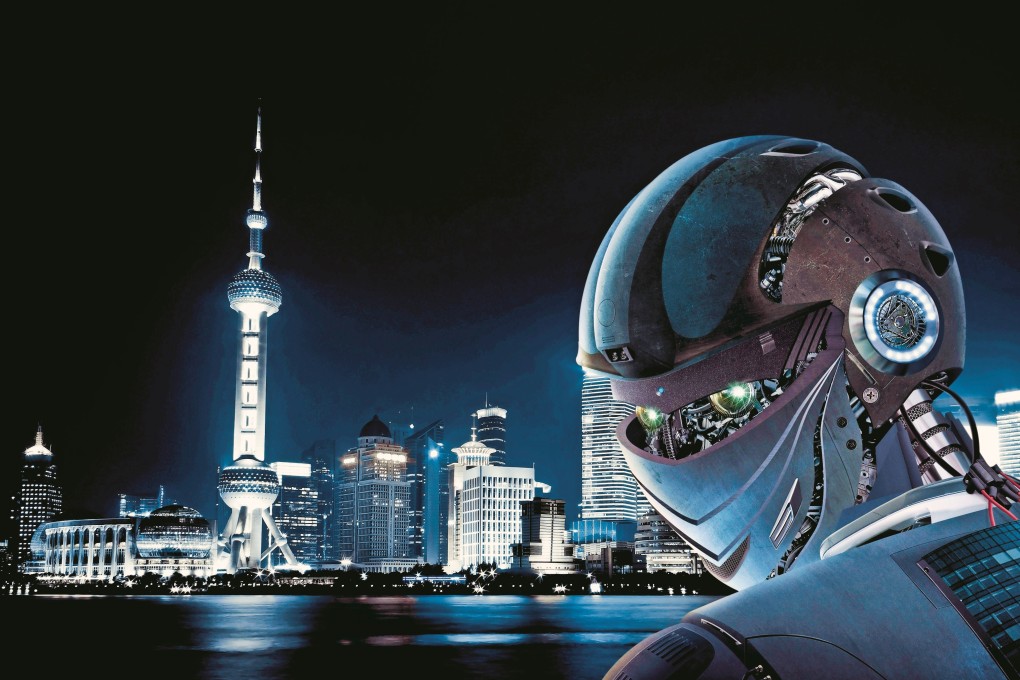Where is Chinese sci-fi heading after The Wandering Earth? Writers discuss the coming golden age
- Chinese sci-fi writers gathered at the Melon science fiction conference in Hong Kong to discuss the many new possibilities in the genre today
- Previously only a niche market in China, there is now a global interest in Chinese sci-fi and its distinctive ideas

Before Chinese sci-fi epic The Wandering Earth hit cinemas in February, a group of authors, including heavyweight Liu Cixin – who wrote the novella on which the film is based – gathered for a pre-screening. When the final credits rolled, everyone was crying tears of joy.
“It was the first time we’d seen a science fiction film with Chinese faces and it was so natural,” says Regina Wang Kanyu, who was among the writers visiting Hong Kong in late March for the third edition of the Melon science fiction conference.
The Wandering Earth is the second highest-grossing film in China’s history. It was immediately snapped up by streaming site Netflix, and its commercial success and critical acclaim are now paving the way for a raft of new projects. On top of that, it is also ushering in what some authors are calling the golden age of Chinese science fiction.
Award-winning writer Stanley Chen Qiufan announced at Melon that he is collaborating with Infinitum Nihil, the film production company founded by Hollywood star Johnny Depp, to turn his short story, The Year of The Rat, into a movie. The English translation of his first novel, Waste Tide, was published last month and a film adaptation is already in the pipeline.
For Chinese sci-fi authors, who previously catered to only a niche group of readers in China, these opportunities signal that their work is able to reach a much wider audience – both within their home country and around the world.